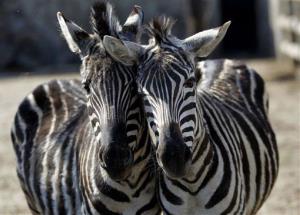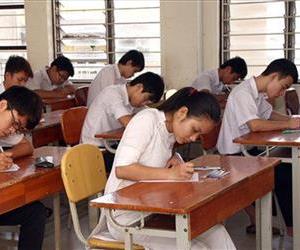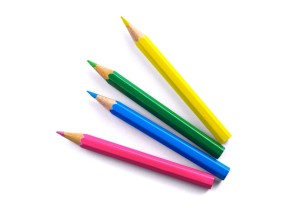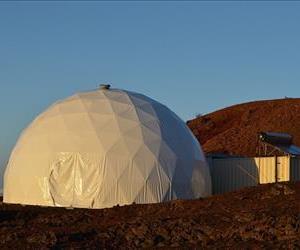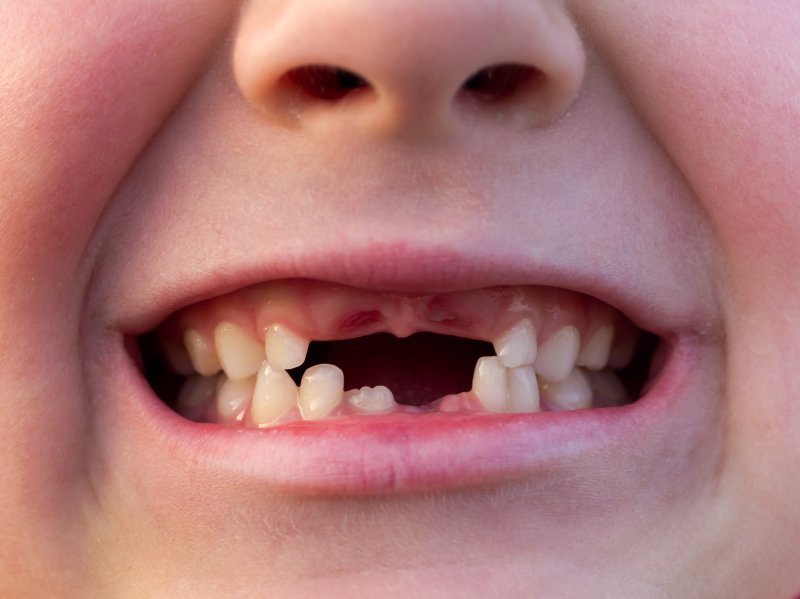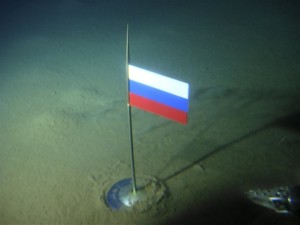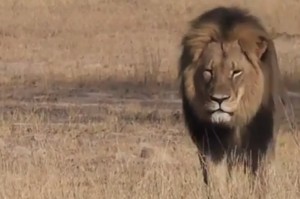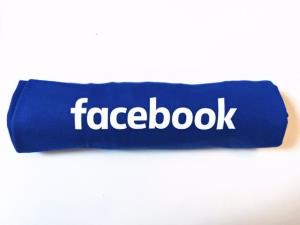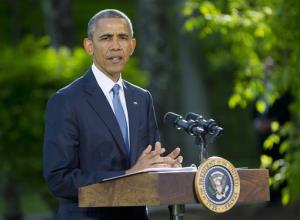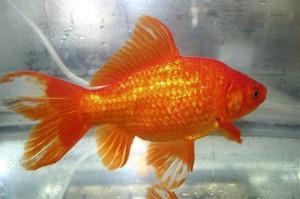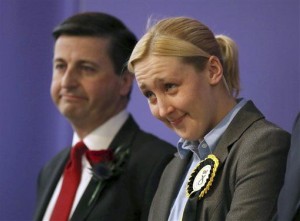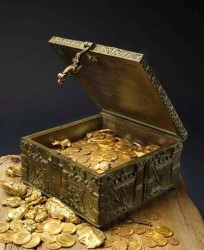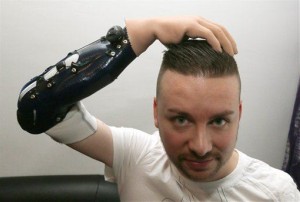Why is Snunkoople funny?

Photo by Mark Nolan/Getty Images
http://www.slate.com/blogs/lexicon_valley/2015/12/14/why_is_the_nonsense_word_snunkoople_funnier_than_the_equally_made_up_word.html
1) What numbers are used as evidence in this piece? Which numbers would be most helpful to dispute the findings?
2) Why might a Chinese student feel differently about this than a Canadian? In what ways would the publisher of Dr. Seuss' books think about this study?
3) How is this connected to social media? The news? Harry Potter?
4) What if you found out your favorite pop star changed their name according to this principle?
5) How might this be significant to a political campaign? What is a long-term consequence in this topic? What are some basic assumptions about humor? To what degree does this story change the way you view your name?
Extension Activities:
1) Students can poll their peers and acquaintances about common "hated" words and chart their results. They can then think of replacements for the most egregious words to suggest for future use.
2) Students can chart the history of the word cool and its synonyms then predict future synonyms 1,5, 20 years out.
AoK: Human Sciences
WoK: Language
Photo by Mark Nolan/Getty Images
http://www.slate.com/blogs/lexicon_valley/2015/12/14/why_is_the_nonsense_word_snunkoople_funnier_than_the_equally_made_up_word.html
1) What numbers are used as evidence in this piece? Which numbers would be most helpful to dispute the findings?
2) Why might a Chinese student feel differently about this than a Canadian? In what ways would the publisher of Dr. Seuss' books think about this study?
3) How is this connected to social media? The news? Harry Potter?
4) What if you found out your favorite pop star changed their name according to this principle?
5) How might this be significant to a political campaign? What is a long-term consequence in this topic? What are some basic assumptions about humor? To what degree does this story change the way you view your name?
Extension Activities:
1) Students can poll their peers and acquaintances about common "hated" words and chart their results. They can then think of replacements for the most egregious words to suggest for future use.
2) Students can chart the history of the word cool and its synonyms then predict future synonyms 1,5, 20 years out.
AoK: Human Sciences
WoK: Language


